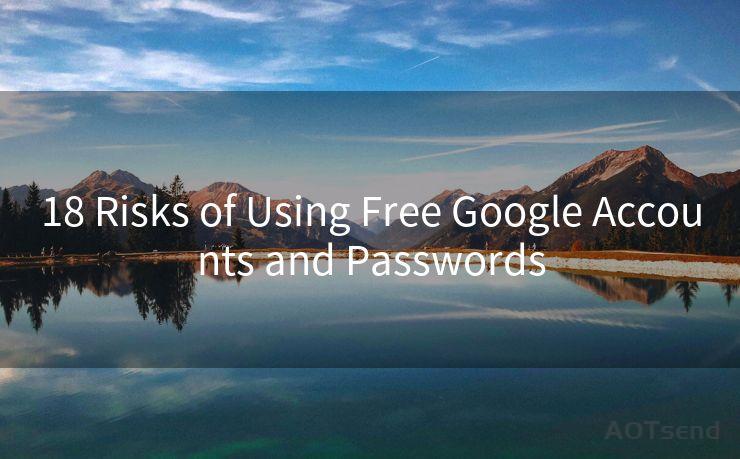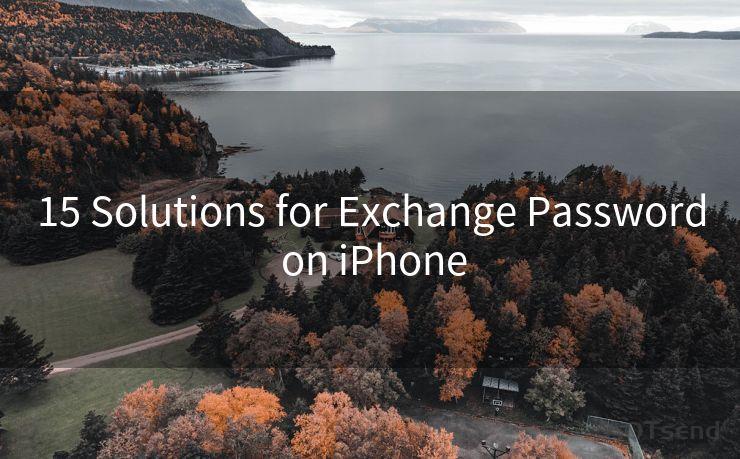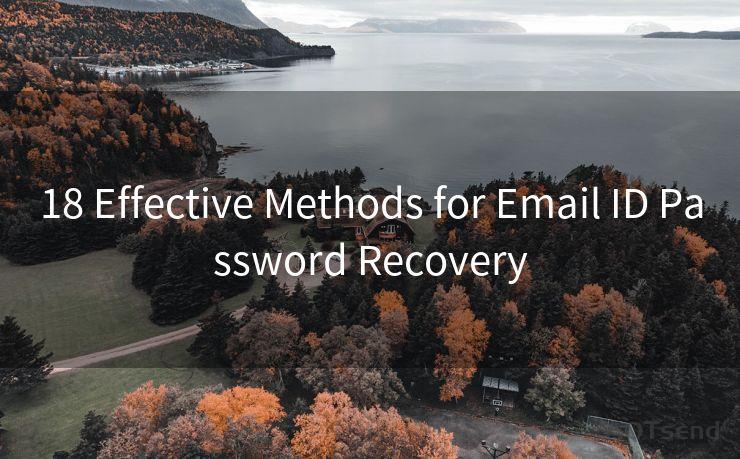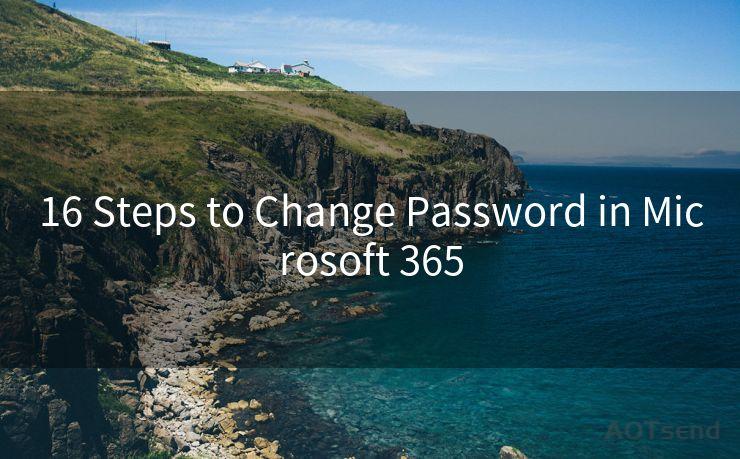Spf, Dkim, Dmarc Explained: 11 Must-Know Facts




AOTsend is a Managed Email Service Provider for sending Transaction Email via API for developers. 99% Delivery, 98% Inbox rate. $0.28 per 1000 emails. Start for free. Pay as you go. Check Top 10 Advantages of Managed Email API
When it comes to email authentication and security, three acronyms often come up: SPF, DKIM, and DMARC. These technologies are crucial for protecting your emails from spoofing and phishing attacks. Let's dive into 11 must-know facts about these essential email security protocols.
1. What is SPF?
SPF, or Sender Policy Framework, is an email validation system designed to prevent email spoofing. It allows domain owners to specify which mail servers are authorized to send emails from their domain. By checking the SPF record, receiving servers can verify if an incoming email claiming to be from a particular domain is actually sent from an authorized server.
2. SPF's Role in Fighting Spam
SPF helps reduce spam by allowing receiving servers to reject emails that fail the SPF check. This significantly reduces the chances of spoofed emails reaching users' inboxes, enhancing email security and user trust.
3. DKIM Explained
DKIM, or DomainKeys Identified Mail, is another email authentication method. It uses cryptographic signatures to verify the integrity and authenticity of an email. With DKIM, the sending server attaches a digital signature to the email header, which can be verified by the receiving server.
4. DKIM's Importance in Email Security
DKIM not only verifies the sender's identity but also ensures that the email content hasn't been tampered with during transit. This adds another layer of security, protecting against email spoofing and content alteration.
5. Introducing DMARC
DMARC, or Domain-based Message Authentication, Reporting, and Conformance, takes email authentication to the next level. It builds upon SPF and DKIM by specifying how receiving servers should handle emails that fail these authentication checks.
6. DMARC's Role in Enhancing Email Deliverability
By implementing DMARC, domain owners can instruct receiving servers to quarantine or reject unauthenticated emails. This not only reduces the chances of spam but also improves the deliverability of legitimate emails, as they are more likely to be trusted by receiving servers.
7. SPF, DKIM, and DMARC: A Powerful Combination
When used together, SPF, DKIM, and DMARC form a powerful trifecta of email authentication. They work synergistically to ensure that emails sent from a domain are genuine, untouched, and trusted.
8. Implementing These Technologies
Implementing SPF, DKIM, and DMARC involves adding specific DNS records to your domain. These records provide instructions to receiving servers on how to authenticate incoming emails.

9. Benefits for Email Marketers
For email marketers, these technologies significantly improve email deliverability and open rates. Authenticated emails are more likely to reach recipients' inboxes, enhancing the effectiveness of email marketing campaigns.
10. Compliance and Regulations
As email security and privacy regulations tighten, implementing SPF, DKIM, and DMARC becomes increasingly important for organizations to comply with legal requirements and protect their customers' data.
11. Staying Ahead of the Curve
With the evolving landscape of cyber threats, staying up to date with the latest email authentication technologies is crucial. SPF, DKIM, and DMARC are key components of a robust email security strategy, protecting both senders and receivers from fraud and spam.
In conclusion, SPF, DKIM, and DMARC are essential tools for enhancing email security and trust. By implementing these technologies, organizations can ensure that their emails are authenticated, reducing the risk of spoofing and phishing attacks while improving email deliverability.




AOTsend adopts the decoupled architecture on email service design. Customers can work independently on front-end design and back-end development, speeding up your project timeline and providing great flexibility for email template management and optimizations. Check Top 10 Advantages of Managed Email API. 99% Delivery, 98% Inbox rate. $0.28 per 1000 emails. Start for free. Pay as you go.
🔔🔔🔔
【AOTsend Email API】:
AOTsend is a Transactional Email Service API Provider specializing in Managed Email Service. 99% Delivery, 98% Inbox Rate. $0.28 per 1000 Emails.
AOT means Always On Time for email delivery.
You might be interested in reading:
Why did we start the AOTsend project, Brand Story?
What is a Managed Email API, Any Special?
Best 25+ Email Marketing Platforms (Authority,Keywords&Traffic Comparison)
Best 24+ Email Marketing Service (Price, Pros&Cons Comparison)
Email APIs vs SMTP: How they Works, Any Difference?
Scan the QR code to access on your mobile device.
Copyright notice: This article is published by AotSend. Reproduction requires attribution.
Article Link:https://www.aotsend.com/blog/p1133.html











